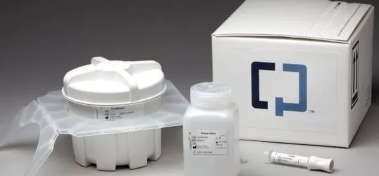Breast cancer reared its ugly head in my 50th year. By the time a lumpectomy and radiation were over, I was in no mood, emotionally or financially, for a colonoscopy.
Then anesthesia failed when a dear friend went in for her first colonoscopy. The pain was so bad, it traumatized her – and scared me, so I again postponed having one of my own.
This fall, when I went in for my annual physical exam, my doctor, Holly Bermel, reminded me I was overdue for the procedure most of us 50 and over are prodded to get.
The good news, she said, was that she could order the in-home Cologuard test used by millions.
Sending one’s poop via UPS for testing is an odd experience, let me tell you. Stranger still is what has happened since.
In the medical community, Cologuard has generally been considered a good thing: It detects genetic mutations commonly seen in colon cancer and detects blood in the stool. Medicare and many private insurance plans cover the test if it’s performed once every three years.
But agreeing to that cheaper, easier DNA screening for colorectal cancer can cost consumers much more in the long run. If that test comes back positive, as mine did, some insurers and Medicare will no longer cover as a preventive service the colonoscopy that your doctor will inevitably order next.




